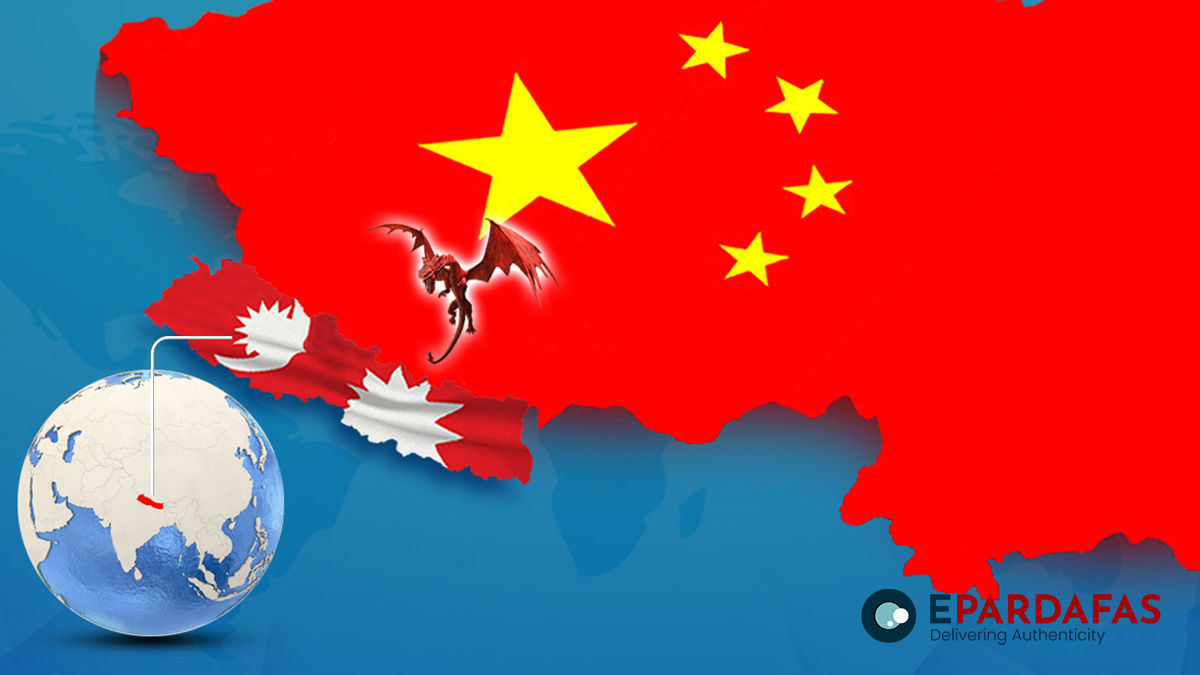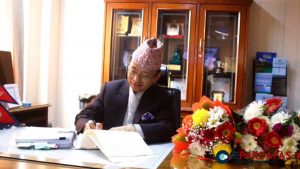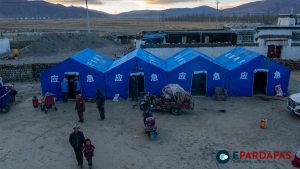
Debt Traps and Sovereignty Risks: Nepal Challenges China’s BRI Projects
Nepal and China have failed to reach an agreement on the implementation plan for Xi Jinping’s ambitious Belt and Road Initiative (BRI) due to a significant disagreement over loan conditions. The issue arose during discussions between Nepali officials and Vice Minister for Foreign Affairs of China, Sun Weidong.
According to sources familiar with the negotiations, Nepal insisted on receiving a substantial portion of the BRI funding as grants rather than loans. A senior bureaucrat from Nepal’s Prime Minister’s Office stated, “Our conditions were clear: a minimum of 70% to 80% of the project costs should be provided as grants. If loans are necessary, the interest rate should not exceed 1% with flexible repayment terms and no harsh penalty clauses. Additionally, all projects must undergo transparent global tender processes.” These conditions were non-negotiable for Nepal, reflecting its cautious approach to accumulating further debt.
However, China, which typically offers loans at higher interest rates and favors its own companies for BRI projects, did not agree to Nepal’s terms.
On Tuesday (June 25), Prime Minister Dahal told lawmakers in parliament that “Our (Nepal’s) priority is grants, not loans. But even if we do take loans, we will not pay interest higher than what we are paying the World Bank and the ADB. We are already burdened with debt and so before taking more loans, we have to think twice. Nepal is mindful of debt traps. We will push the agreement by ensuring that we don’t fall into a debt trap.”
Sources revealed that despite efforts during Vice Minister Sun Weidong’s visit, no agreement was reached on the implementation plan. During his three-day visit that concluded on Wednesday (June 26), Vice Minister Weidong urged Nepal to sign the BRI implementation plan. Despite a meeting with Nepali leaders, including Prime Minister Pushpa Kamal Dahal ‘Prachanda’, Nepal remained non-committal.
In response to Nepal’s stance, the Chinese delegation requested additional time to review the conditions laid out by Nepal.
“The impression that China was trying to ensnare us in a debt trap through BRI projects was reinforced. People of Nepal realised that the massive BRI projects would make Nepal indebted to China in a massive way and China would then leverage that to extract concessions to further its strategic goals,” stated a senior leader of the Nepali Congress.
Pokhara Airport Loan Issue
Central to Nepal’s concerns is the Pokhara International Airport project, financed by a $215 million loan from China’s Exim Bank. The loan, carrying a 2% interest rate, funded construction contracts awarded to Chinese firms. However, allegations of substandard construction, inflated costs, and mismanagement have ignited public outcry, turning the project into a contentious liability.
Facing repayment obligations starting in 2026, Nepal seeks to convert the loan into a grant to avoid default. Despite Nepal’s plea, China has declined, triggering apprehensions reminiscent of the Hambantota port situation in Sri Lanka. Nepali fears center on potential loss of sovereignty should China assume control of Pokhara Airport, potentially deploying military assets there.
With Nepal setting these conditions which Beijing is unwilling to consider, the fate of the Chinese President’s flagship BRI projects in Nepal is uncertain.













Comments